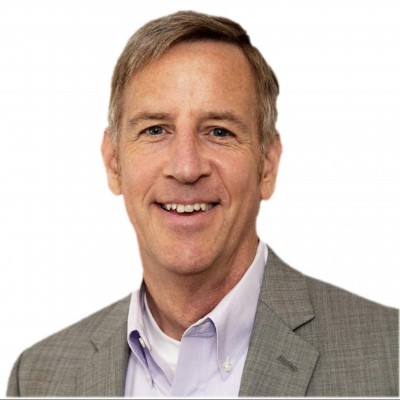It is always surprising that congregations are managing their endowment investments locally, using an investment manager, and that manager is sometimes even a member. In some cases they are trying to maximize their profit, which is understandable if the congregation is in authentic financial jeopardy. Yet to do so, they might risk violating our Unitarian Universalist values – by investing in organizations that harm the environment, are unjust to their employees (or consumers), or are not governed in a responsible way. This gets complex quickly because corporations change their practices all of the time – it is hard to keep up. And sometimes we invest in companies that are investing in other companies which, it turns out, are violating UU values.

Honestly, I do not know how a local committee or investment manager can keep up with what it takes to assure Socially Responsible Investing (SRI) or ESG (environment, social, and corporate governance) screened investments. Indexed funds attempt to address that, but avoiding “bad” companies is just the tip of iceberg in what can be done to create impacts through investment and advocacy.
The good news is that the Unitarian Universalist Common Endowment does this – and more. SRI has evolved, and rapidly, to provide all kinds of active tools to create positive change in the world. Tim Brennan, the UUA Treasurer, presented an exciting workshop at General Assembly this year about how the Common Endowment is using its financial power to address climate change. Their strategies are engaged and innovative. Tim’s slideshow has been posted here. Without his verbal explication, I am not sure how much it will depict the powerful work that is being done. It was impressive!
If you want to know more about modern SRI approaches, there is a helpful explanation page here.
The take-away here is that we, as a denomination, have a powerful tool in the UUA Common Endowment. It not only provides services to congregations, it is creating positive impacts in the world in ways that a single congregation cannot do with its smaller scale of assets, nor its human resources. If you have an investment committee that is trying to do this themselves, is that what you want some of the smartest and most dedicated volunteers in your congregation doing? What else might they be doing if you were taking advantage of the Common Endowment?
Mark Ewert is a stewardship consultant with the Stewardship For Us team. Mark works with congregations on their stewardship programs and can be reached at mewert@stewardshipforus.com, via the UUA’s Congregational Stewardship Resources page, (http://www.uua.org/finance/fundraising/consulting), or through your regional staff.

Mark Ewert is a stewardship consultant, a Chartered Advisor in Philanthropy® (CAP®), and a professional leadership and philanthropy coach (PCC) certified with the International Coaching Federation.
His experience includes founding a nonprofit, working as a fundraiser, and leading a national organization. Reach Mark at Team@StewardshipForUs.com

It is also true that congregations can do SRI investing on their on. However, this presents a whole new list of issues for congregations, the most troubling of which is “who is actually making these investment decisions?”. About 6 six years ago we had a committee that was making these decisions. Routine questions were: (1) what mix should we have between mutual funds focused on stocks or bonds, (2) whose funds should we use, (3) how many funds should we use, (4) if we used stock funds what kind mix should we have, and on and on. You get the picture. Then we would have maybe five people, most with different ideas, making these decisions and whose philosophy was based on their own personal investment strategies, not on how to manage endowment funds which is entirely different. Quite frankly, it was a mess where consensus was hard to reach . My concern was the fiduciary responsibility we had to the congregation. The last thing I wanted was some congregant asking me (the then CFO) why I had made such decisions with their donations or why the returns were what they were. The following year the new CFO, who was head of the “Investment Committee,” moved all endowment into the UUCEF. While some congregations may be large enough to have several professional investment advisers, the fact is most congregations do not. IMO, it is irresponsible to have amateur investors making endowment investment decisions . The UUA has such advisers who are making these decisions, and they are they are based on our principles and reasonable return objectives. They are not chasing the hottest stocks or other investments seeking the highest returns. It really is the way to go. Having said that, I do find that their expenses are higher than I feel they should be, but I can deal with that rather than all of the issues involved with making such decisions at a local level.